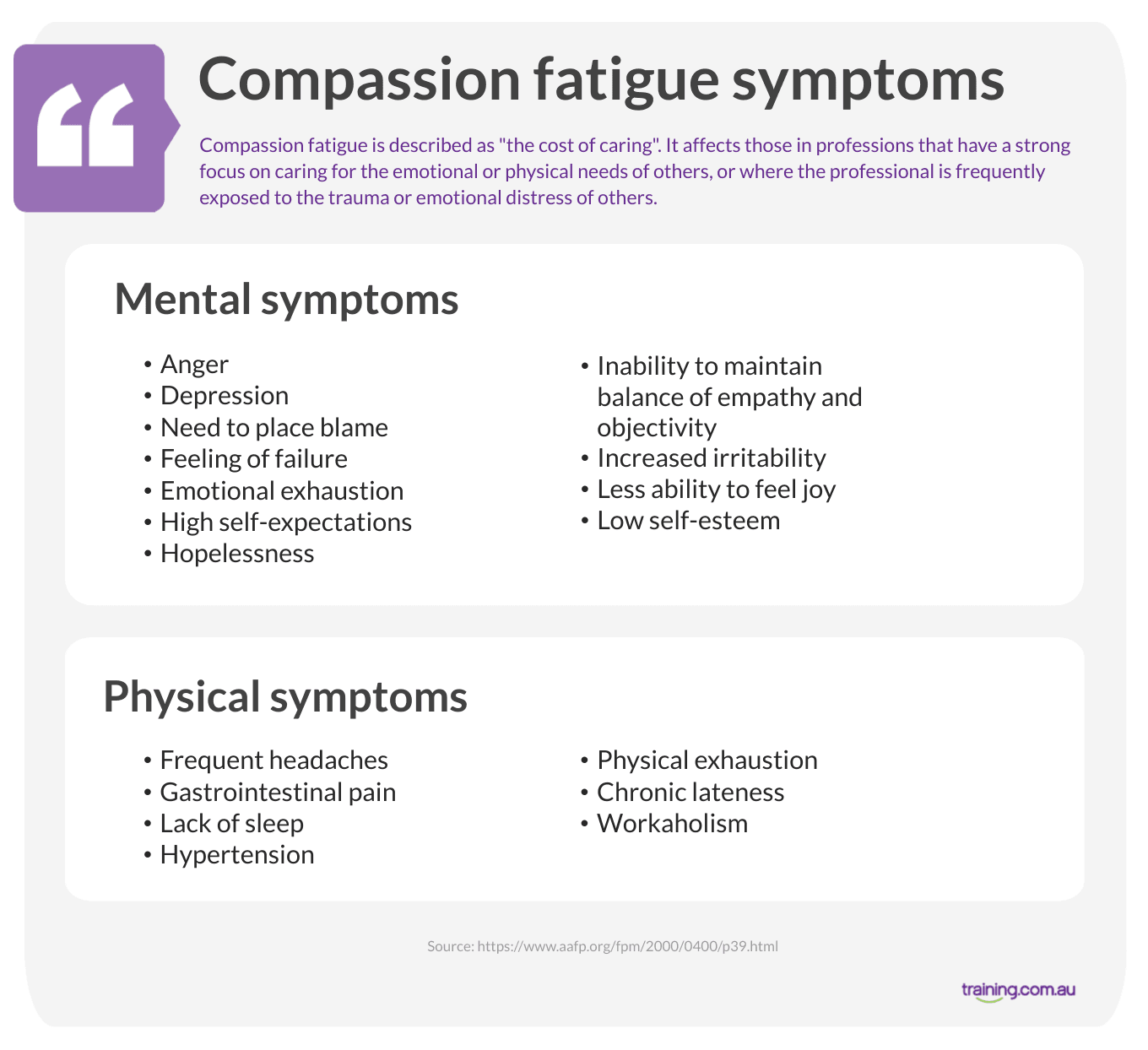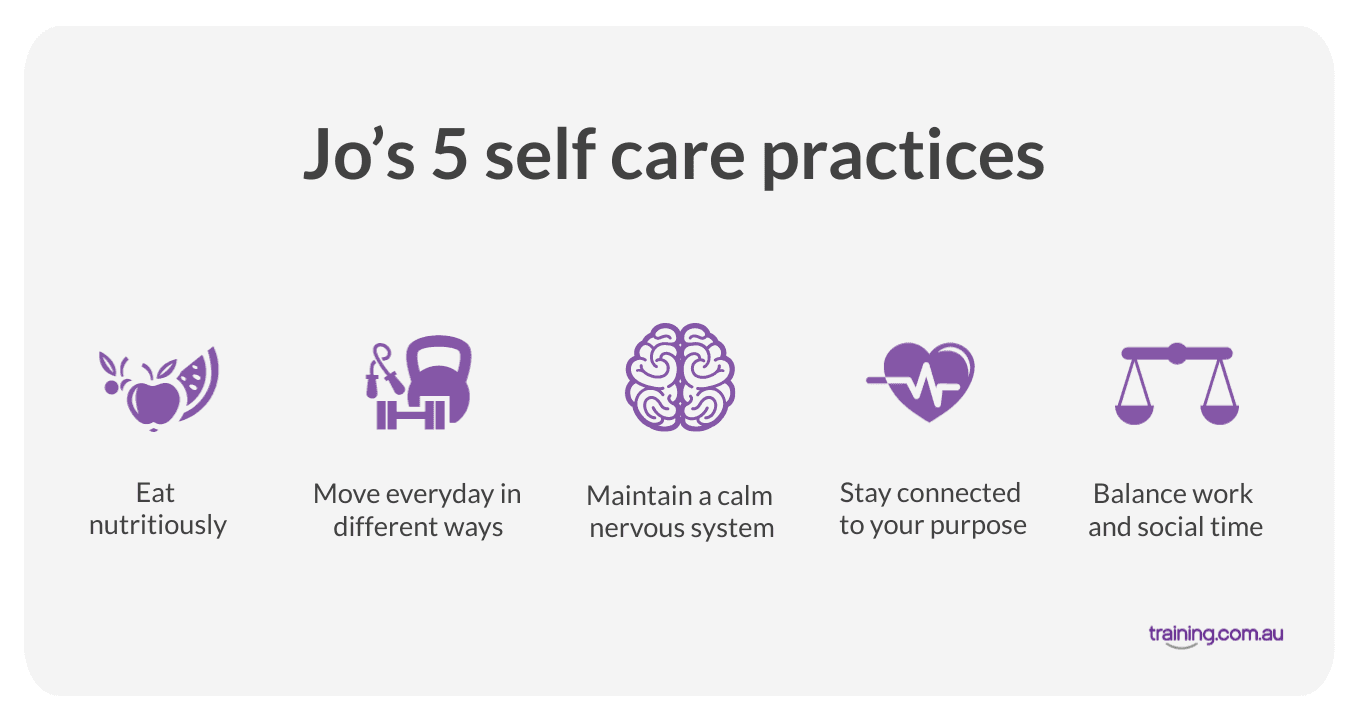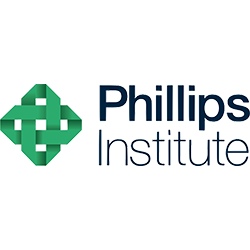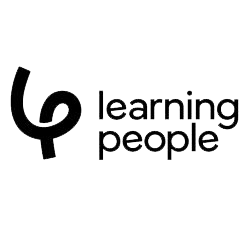- 1. To become a good counsellor, you need supervision and experience in the client’s chair
- 2. When you become a counsellor, don’t act like a counsellor
- 3. Burnout will sneak up on you as a new counsellor
- 4. Avoid diving into complex mental health issues as a new counsellor
- 5. You may not know if you’re making a difference
- 6. Your own life experiences are your most powerful tool
- Browse Counselling Results
What to Expect When You Start Working as a Counsellor: 6 Lessons

- 1. To become a good counsellor, you need supervision and experience in the client’s chair
- 2. When you become a counsellor, don’t act like a counsellor
- 3. Burnout will sneak up on you as a new counsellor
- 4. Avoid diving into complex mental health issues as a new counsellor
- 5. You may not know if you’re making a difference
- 6. Your own life experiences are your most powerful tool
- Browse Counselling Results
Guiding people through tumultuous times in their lives is a deeply rewarding experience.
But working as a counsellor isn’t for everyone. You need a strong calling to work in this field. It has a set of unique challenges that can quickly overwhelm someone without the commitment or passion to stick them out.
If you’re driven by a purpose or led by life experience, working as a counsellor is bound to provide incomparable fulfilment. You’ll experience beautiful, moving moments as a counsellor, but you’ll also have confronting encounters. These encounters pave a steep learning curve when you first start practicing. You’ll battle burnout, experience imposter syndrome, and may even take some wrong turns with clients.
Jo Woods has been a counsellor for 20 years, and has experienced all of this in her career. The lessons she learned when she first began practicing have become ingrained ideals in her career. And these ideals have helped her provide the best care to her clients.
Here, she shares the lessons she learned as a new counsellor that still ring true 20 years on.
1. To become a good counsellor, you need supervision and experience in the client’s chair
If you’re drawn to counselling as a career, it’s likely you already have the traits and passion required to become a good counsellor. But raw passion alone won’t get you far in this journey. To give yourself a solid foundation as a counsellor, Jo says two things are key:
- Supervision from a more experienced counsellor
- Experience as a client
In your early years, Jo says these two things should be at least monthly or bi-monthly. “You really need someone to talk about sessions with, and ask questions about how you might have handled something.”
Even now, 20 years into her counselling career, Jo still ensures she’s keeping up with them. “I have supervision once a month, and I have my own session with someone once a month or two.”
When you start working as a counsellor, Jo advises keeping notes on your sessions. You can bring the notes to your supervision sessions so you can ask questions about how you might have handled something.
But Jo says, “These supervision sessions are also to check in on you, because your counselling sessions can bring up things in you,’ Jo says.
‘If you haven’t worked through your issues in at least a basic way and if you don’t have a good awareness of your triggers, I think therapy is difficult to give to others.”
Being ‘on the couch’ yourself can also give you valuable insights into the client’s experience — for instance, how it feels walking into a session, and what it’s like building rapport with the counsellor you’re seeing. Most importantly, it gives you hints about how to make clients feel as welcome and comfortable as possible.
Your personal experience as a client will also help you understand one of Jo’s most crucial pieces of advice: when you become a counsellor, don’t act like a counsellor.
2. When you become a counsellor, don’t act like a counsellor
“A couple of therapists I’d seen in my early days, had that ‘therapist persona’. And I wasn’t able to connect with them because they were being a therapist,” Jo recalls. “I think it’s really important to just be yourself, and use your training and your life experiences to listen, empathise and relate to your clients.”
The reason people will struggle to connect with the therapist persona is because “it’s not authentic”, Jo explains. “People sense it. I sensed inauthenticity with those two counsellors. And it meant I wasn’t able to relax and I was less likely to share what was really happening for me. It just doesn’t really click.
But there are some things that can interfere with your ability to close that gap. Jo says it could be “the realisation that you’re very green, and perhaps the feeling of imposter syndrome, which is a lack of self-trust.”
She explains these things, along with a lack of experience, can cause you to “spend a lot of time in that persona. And I think when you’re new it’s really hard to close that gap and be yourself. Hence why you need to have your own sessions, because that’s a project in itself.”
How to Become a Counsellor: An Intellectual Job That Makes a Difference
Learn the steps to becoming a counsellor, including what to study and how to get accredited.
3. Burnout will sneak up on you as a new counsellor
One of the most insidious yet common challenges you’ll face working as a counsellor is burnout. “It’s often called compassion fatigue in the counselling world,” Jo explains. “You start to notice that you don’t have that same level of empathy that you used to have. That’s always a telltale sign.”
The risk of developing compassion fatigue is especially high for new counsellors.

“When I started as a counsellor, I went so fast and packed a lot in, and I didn’t really know how to manage my emotions. Very soon after I started practicing — probably towards the end of my first year — I just started to feel really fatigued and I wasn’t trusting myself. I was second-guessing and feeling anxious,” Jo recalls.
Compassion fatigue comes with its own series of sinister challenges. As well as second-guessing your professional abilities, you’ll start to find your working environment makes you feel fragile, sad or demotivated. On top of that, Jo says, “It boils into your personal life. So, not only do you feel a little fragile in the working environment, but you also start to feel that way at home and in your personal relationships.
The velocity at which compassion fatigue hits you often means you won’t be prepared for it — especially as a new counsellor. “It snowballs and that’s when everything falls apart.” Jo explains.
“I think the trick with burnout is to notice the signs really early. But ideally, you wouldn’t get to that point because you’d be managing your health and wellbeing,” Jo says. “If you’ve got good support around you and supervision, and you’re really practicing self care then you can definitely avoid it.”
Jo’s 5 self care practices

“I think the main thing with self care is to be aware of your energy,” Jo says. Her five self care essentials are:
- Eat nutritiously
- Move everyday in different ways
- Maintain a calm nervous system
- Remain connected to your purpose and values as a counsellor
- Have a balance of work and social time
Aside from these, Jo says sleep and rest are crucial for maintaining your wellbeing.

The ultimate guide to counselling in Australia
This comprehensive guide explores everything you need to know about becoming a counsellor in Australia, including career pathways, qualifications, specialisations, and job opportunities.
Learn More4. Avoid diving into complex mental health issues as a new counsellor
It seems counterintuitive to everything you’ve been working towards. Especially after your studies, you’re probably raring to get into the thick of things. But Jo’s advice is to ease into the field, and gain experience before you start working in complex niches.
“When I first became a counsellor, I was working in stress management,” she says, explaining that she didn’t even work with people with panic attacks, she only helped those with acute stress. While it might seem basic, this is the best way to gain confidence as a new counsellor.
The experience you gain through counselling at a basic level will also help you through the more confronting moments you’ll experience as a counsellor.
Jo recalls one experience in her very early days as a counsellor: “I was working with a couple and one person was unhappy with how I handled a certain session.
“It’s upsetting when you know you’ve taken a wrong turn with someone and they feel confronted or they don’t feel heard. If it’s in a couple setting, they might feel ambushed or that there’s an imbalance.
“But again, if you’re working at a level that you feel competent and confident in, you can avoid those moments to a large extent.”
However, Jo says, “I do think they’re inevitable.”
This is where your experience becomes invaluable. It will help you navigate confronting situations and move forward.
5 Types of Counselling Jobs | The Essential Guide
Discover five different niches in counselling, and the kind of difference you could make in each.
5. You may not know if you’re making a difference
The topic of getting told you’ve taken a wrong turn in a counselling session ties into the much more difficult question of, “Am I making a positive difference?”
“Making a difference is such a huge question,” Jo says. “Again, as a new counsellor, when you’re green and lacking confidence it’s hard to read your client to see if you are.
You might feel as though you need to make an immediate and life-changing difference in every client in order to be successful. But that’s not the nature of counselling.
At its core, counselling helps people reflect on their experiences and draw their own insights in order to solve issues. ‘Help’ is the operative word. You can’t necessarily give client’s advice or tell them how to ‘fix’ something. Your job is to guide them to reflect on their experiences and discover the answers themselves.
That’s why, often, positive changes will occur as a slow burn. The difference you make will be seen in subtle ways — perhaps a client is getting better at self-reflecting, or their walls might come down a little further each time you see them.
Epiphanies and breakthroughs happen too, but these can take many sessions to reach.
“I’ve had some really incredible sessions with couples, and I’ve had equally as moving sessions with individuals,” Jo recalls. “You might call them ‘breakthrough moments’, but also just watershed moments where someone has finally broken down or had an epiphany that’s life changing for them.”
What is a watershed moment?
A watershed moment is a turning point, or a pivotal moment. It’s the moment something in a person’s life changes direction, and from that point things are never the same. It’s considered a momentous occasion.
“Some of the sessions I’ve had with couples have been amazing where they’ve repaired some really old, deep hurts. And they’ve had the realisation that they could stay together and have a really amazing relationship,” Jo says.
Sometimes, feelings of imposter syndrome or uncertainty around whether you’re making a difference can actually be hinting that you’re “working at too high a level”, Jo explains. “That could be a good indication to reassess the client population you’re working with and the niche that you’re in.”
6. Your own life experiences are your most powerful tool
Before you even begin your studies to become a counsellor, you probably already have a purpose that’s driving you. For many people, this driving force is rooted in personal life experiences.
It’s important to define and stay connected to your purpose, Jo explains. This is what will drive you through the tougher aspects of the role.
“It’s like any other job: it’s got some really lovely experiences in it, and some incredible moments. But it also has parts that are difficult and some that may be tedious,” she says. “You have to remind yourself that it’s a job.
“What drives me is that I’m committed to being in service. I’m here to serve and support people, and help them find their way forward and figure out their life and relationships. And when I stay connected to that objective and the drive, I think that helps you push through the bits that aren’t so pleasant.”
Your life experiences also form a really powerful aspect of your counselling career.
“If you’ve had life experience with someone who’s alcohol affected, has a disability, or any particular part of life you have a lot of experience in, I really encourage you to consider specialising.”
Jo began specialising in relationships a few years ago, saying, “It was an organic evolution of my practice with individuals. Because, let’s face it, the majority of our issues are in relationships.” But more so than that, she explains it was always a niche she was interested in because of her own life experiences.
“I’ve always found relationships very confusing — specifically what you’d call the primary attachment relationship.
“As I started to work in the couples area, my experience of feeling insecure, confused and unsure has played a critical part in my ability to help others. I have deep insights around what it might feel like to be in that relationship that I’m working with,” she explains.
That strong sense of empathy is an invaluable asset to have while working with clients. It also helps your authentic self shine through.
Working as a counsellor will have challenges unlike any other job. It’s a role that only calls to those whose purpose, life experiences and interests have led them on a new journey to help others. As long as you remain connected to your purpose and you let your authentic self shine, your counselling career will offer a sense of fulfilment you’re unlikely to find elsewhere.
Find your perfect course to start your journey as a counsellor.
Becoming a Counsellor in Australia: Your One-Stop Guide
Discover a resource library that can take you from A to B on your journey to becoming a counsellor. From figuring out what specialisation to choose, to insights from professional counsellors, this guide has everything you need.
Read the other articles in this series:
“It Can Be Heartbreaking”: Raw Insights Into Becoming a Counsellor
To get a realistic and honest look into being a counsellor — no holds barred — professional counsellor Dan Auerbach offers the insights he’s gleaned through his career.
7 Things I Wish I Knew Before Becoming a Counsellor
Amber Rules, a practicing psychotherapist, counsellor, clinical supervisor and facilitator, shares the things she wished she knew before becoming a counsellor.
Browse Counselling Results
Certificate II in Animal Care E1399
If you love animals and are passionate about promoting their welfare, then a job in animal care could be perfect for you. This course will provide an excellent foundation for your career in animal care. Throughout the course you will gain first-hand ex...
Certificate III in Non-Emergency Patient Transport (VIC Only) HLT31120
Our Promise We are confident in the delivery of our training. On successful completion of the course, graduates will be guaranteed a telephone interview for vacant Patient Transport Officer positions in the Non-Emergency Patient Transport division. So...
Certificate IV in Ageing Support CHC43015
Do you already work in aged care and now you’re ready to up-skill? Would you like to have your existing competency recognised? Perhaps you’d like to learn something new, update your team-leading skills and contribute to improved accreditation outcomes...
Certificate IV in Finance and Mortgage Broking
Find a rewarding career helping individuals and businesses in securing loans and managing their finances. Your expertise can make a significant difference in their lives. Embarking on a career in finance and mortgage broking offers the opportunity for...
Certificate IV Celebrancy CHC41015
Are you looking for a rewarding career that will give you both financial and emotional fulfilment? When you study the Certificate lV in Celebrancy course with Rose Training you will gain the skills needed to become a professional marriage celebrant, wh...
Front-End Web Development: Transform
Front-End Web Development: Transform – 12 months of access, can be completed in 3 months (any-time enrolment, part-time, online) Begin your front-end web development career with hands-on coding experience, expert mentorship, and real-world projects. In...
Digital Marketing: Transform
Digital Marketing: Transform – 12 months of access, can be completed in 3 months (any-time enrolment, part-time, online) Embark on your digital marketing career with hands-on experience, expert mentorship, and practical campaign projects. In just 3 mon...
Data Analytics: Transform
Data Analytics: Transform – 12 months of access, can be completed in 3 months (any-time enrolment, part-time, online) Kickstart your data analytics career with hands-on projects, expert mentorship, and real-world business data. In just 3 months, start...
Cyber Security Analytics: Transform
Cyber Security Analytics: Transform – 12 months of access, can be completed in 3 months (any-time enrolment, part-time, online) Launch your cyber security career with hands-on skills, expert mentorship, and exposure to real-world threat simulations. In...
Systems Security Certified Practitioner (SSCP)
Why choose the Systems Security Certified Practitioner (SSCP)? The SSCP certification is recognised internationally as a benchmark for IT security expertise and is designed to validate the knowledge and skills necessary to implement, monitor and admini...
Project Management Professional – PMP
Why choose the Project Management Professional – PMP? The Project Management Professional Course is an in-depth course that enables project professionals to significantly improve their understanding of the intricacies and challenges of Project Manageme...
PRINCE2® Practitioner
Why choose the PRINCE2® Practitioner? If you’re looking to build on your foundational understanding of PRINCE2® Project Management methodology then this course is for you. PRINCE2® (Projects IN Controlled Environments) is a globally recognised framewor...
PRINCE2® Pathway
Why choose the PRINCE2® Pathway? PRINCE2® is a globally recognised project management methodology, and its adaptability lets you manage projects of all sizes, using industry best practice. Passing the PRINCE2® Foundation certification demonstrates your...
PRINCE2® Foundation
Why choose the PRINCE2® Foundation? PRINCE2® is the global standard for project management, and this certificate gets you well on the way to a rewarding and lucrative role as a project manager. The course will give you a clear understanding of the PRIN...
PRINCE2® Agile Practitioner
Why choose the PRINCE2® Agile Practitioner? PRINCE2® is a globally recognised project management methodology, and its adaptability lets you manage projects of all sizes, using industry best practice. The PRINCE2® Agile Practitioner course is an extensi...
PMP and Change Pathway
Why choose the PMP Pathway? Providing a senior level training in Project Management, plus the foundations of Scrum and Agile. Our PMP Pathway elevates your expertise in Project Management and widen your skill sets too. By completing this pathway, you’l...
PMP Pathway
Why choose the PMP Pathway? Providing a senior level training in Project Management, plus the foundations of Scrum and Agile. Our PMP Pathway elevates your expertise in Project Management and widen your skill sets too. By completing this pathway, you’l...
PMI Agile Project Management
Why choose the PMI Agile Project Management? The PMI Agile Certified Practitioner (ACP) course is a professional certification which works to enhance your ability to bring agility and self-sufficiency in project management. Agile projects involve self-...
PMI Agile Certified Practitioner (ACP)
Why choose the PMI ACP? The PMI Agile Certified Practitioner (ACP) course is a professional certification which works to enhance your ability to bring agility and self-sufficiency in project management. Agile projects involve self-empowered teams that...
Networking Career Starter Pathway
Why choose the Networking Career Starter Pathway? Our Networking Career Starter Pathway helps you to efficiently launch or advance your IT networking career. Covering the fundamentals of computing, networking, security, routing, and switching, each ste...
Online courses also available
Latest Articles
The Future of Counselling Jobs in Australia
Thinking about a career in counselling? You might wonder—is it a good career choice right now? Will...
How to Get Your Counselling Accreditation and Registration
Embarking on a counselling career in Australia offers a fulfilling opportunity to support people in...
What Are Counselling Microskills?
Microskills are fundamental communication techniques used to build rapport, actively listen, and gui...
Want to read more?
The Ever-Changing World of Social Media Marketing: An Inside Look
When Michelle Nick returned to Australia, she saw that social media positions were of abundance. Rec...
5 Things to Know Before Working With People With Disability
Working in disability services, you'll do work that matters. Start here to learn why working with pe...
Careers in Aged Care: 8 Things to Know in 2025
Taking care of older people in the aged care services industry may be one of the most demanding and...







